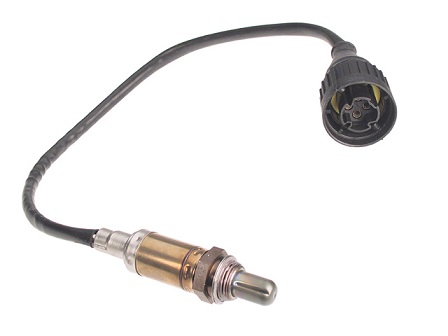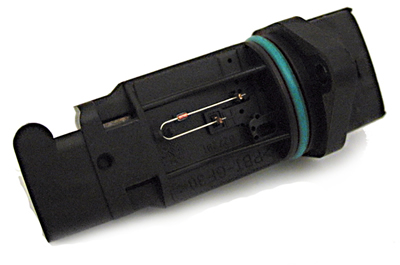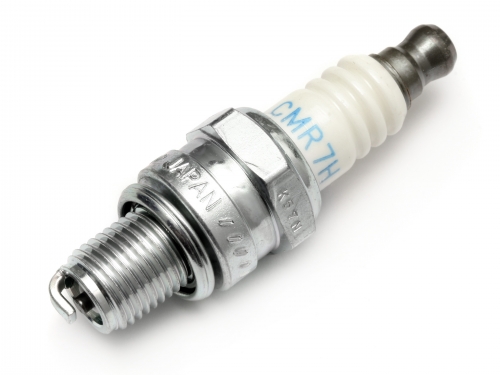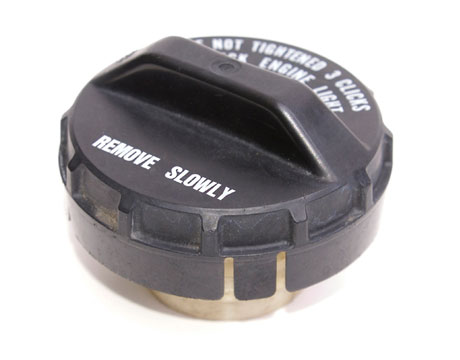It may be a bit scary when you see your check engine light come on, but many common reasons for the light coming on are not extensive repairs. While a check engine light on a vehicle could mean something serious, today's cars are designed with the light to react to a myriad of different issues, from the mundane to the very serious.
The problem with check engine lights is that they do not specifically identify the problem, or the cause, of the light. In order to identify what is causing the light to come on, you need a code-reader, which is what a mechanic will use to diagnose the car's problem. Assuming that you cannot physically see or feel what is wrong with the car, you will need to either buy a code-reader, take the car to a mechanic, or take it to an auto-parts store to understand what is causing the check engine light to come on.
Very frequently, however, the check engine light comes on as a result of one of the following common issues:
1) Loose Gas Cap / Faulty Gas Cap - While this may seem ridiculous, not tightening your gas cap can be a very common cause of a check engine light coming on. Many cars are equipped with sensors that will cause the check engine light to come on when fuel vapors are escaping, since this would throw off your fuel system. This also can affect your gas mileage and increase emissions. It can be caused by putting your gas cap back on incorrectly after filling your car up or from actual damage to the gas cap such as cracks or breaks in the threading. If your check engine light comes on, check the gas cap first, make sure it's screwed on correctly and examine it for cracks and breaks. A replacement plastic gas cap is relatively inexpensive.

2) Oxygen Sensor Issues - If you've been a car owner long enough, you know very well about the oxygen (O2) sensor and its relation to the check engine light. The oxygen sensor is responsible for measuring unburned oxygen and monitors how much fuel is burned. This is, again, relative to your car's fuel efficiency and makes the whole system function correctly. Your car has multiple O2 sensors, and if any of them are broken or malfunctioning, your check engine light will come on to let you know. After lots of wear and tear, the sensor loses its ability to properly the oxygen and fuel mixture and can affect your gas mileage and emissions. While I've heard of many car owners who are willing to tolerate a faulty O2 sensor to save some money, leaving it unchanged can eventually lead to catalytic converter issues, which are not cheap. If you have an O2 sensor issue, don't ignore it.

3) Mass Air Flow Sensor Replacement - Similar to the O2 sensor, the mass airflow sensor manages the amount of fuel based on the air coming through the engine. Mismanagement of your air filter (not changing it regularly or improperly installing it) can cause the MAF sensor to malfunction, and your check engine light to come on. A malfunctioning MAF sensor can decrease gas mileage, increase emissions and even potentially cause the car to stall on the road. While your car may drive with a broken MAF sensor, you shouldn't ignore it as long term damage to your car is inevitable.

4) Spark Plus and Wire Replacement - When spark plugs start to fail they will misfire, and your car will feel a big of a jerk. Your check engine light will also come on when your spark plugs need to be replaced. The spark plug facilitates the initiation of combustion in your engine by providing a gab for the spark to jump across. It also seals the combustion chamber. Over time, your spark plugs will fail and need replacement. If you sense your car driving a bit "off," it's time to replace the spark-plugs. This is a simple fix that most semi-handy people can perform themselves, and is a part of long-term car maintenance, although spark plugs in newer vehicles can certainly last longer than older ones. But failing spark plugs will certainly cause your check engine light to come on, and make you quite nervous.





